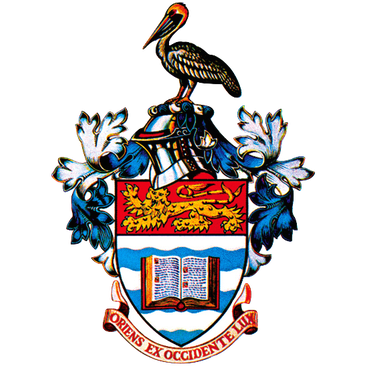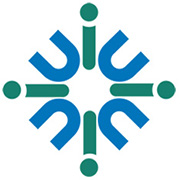The BA Childhood Studies includes childcare policy at home and abroad; equality; inclusion; health and well-being; language; communication; and early literacy skills.
Guest speakers will help to further improve your understanding of the subject. Recent speakers have included Professor Li Li of Kunming University who provided details on international perspectives of early provision in China. In addition, Sue Robson of Roehampton University addressed creativity in the early .
Year 2
Through your studies and work-based learning opportunities, you will learn about health and well-being, social justice and equality, holistic child development and develop your self-reflection skills. Leadership and teamwork skills are developed in a variety of early learning and childcare settings. You will also reflect on how to effectively support children’s communication and early literacy skills.
Year 3
Through your studies and work-based learning opportunities, you will learn more about management and leadership skills in an early setting. You will explore multi-agency working and the importance of providing effective integrated services. You will have opportunities to promote creativity across the curriculum. International policies and practices of early education and childcare are studied. You will be introduced to qualitative research methods and undertake a research project. There are opportunities to undertake an international placement.
Year 4
The Honours year supports you to develop specialist knowledge and practice in an area of your own interest. You will also deepen your knowledge of the core themes of theory, research and practice through undertaking a research study and dissertation. You will have opportunities to explore inter-professional working through asset based approaches to supporting families. You will explore a range of pedagogical approaches to facilitating children’s play, learning and development.
Teaching and Assessment
The programme will be delivered using a blend of learning and teaching strategies. These include use of the UWS virtual learning environment (Moodle), Interactive Whiteboards, online tutor/student led discussions. Lectures, tutorials, student-led seminars, group-work, role-play, presentations, workshops, problem based learning and work related learning will be used to develop student learning. At Level 10, the programme will be delivered partially online utilising a blended learning format of class sessions, tutorials and online activities. Throughout the programme learning and assessment will have a work based focus.
Course Structure
The programme will be delivered using a blend of learning and teaching strategies. These include use of the UWS virtual learning environment (Moodle), Interactive Whiteboards, online tutor/student led discussions. Lectures, tutorials, student-led seminars, group-work, role-play, presentations, workshops, problem based learning and work related learning will be used to develop student learning. At Level 10, the programme will be delivered partially online utilising a blended learning format of class sessions, tutorials and online activities. Throughout the programme learning and assessment will have a work based focus.
Find out more about the structure, learning outcomes, compulsory and optional modules in this course.
Learn a Language (optional)
This course also gives you the option of taking a language module, which can count towards your degree. These modules cover multiple languages and range from absolute beginner to near-native speaker level. The cost of your language module is included in the tuition fees. Find out more
Show less















